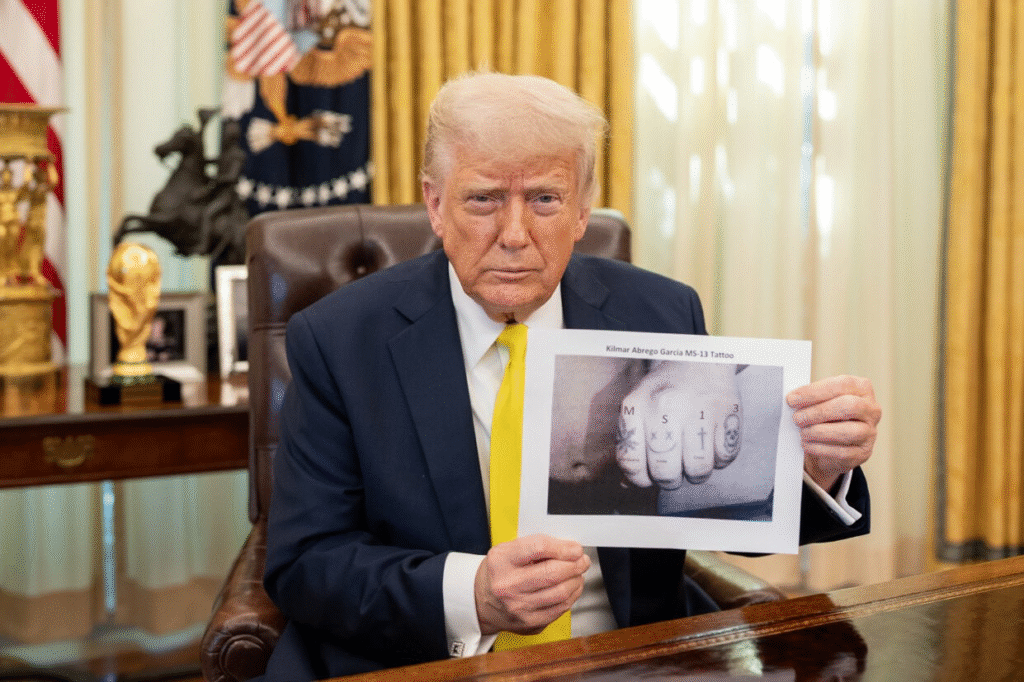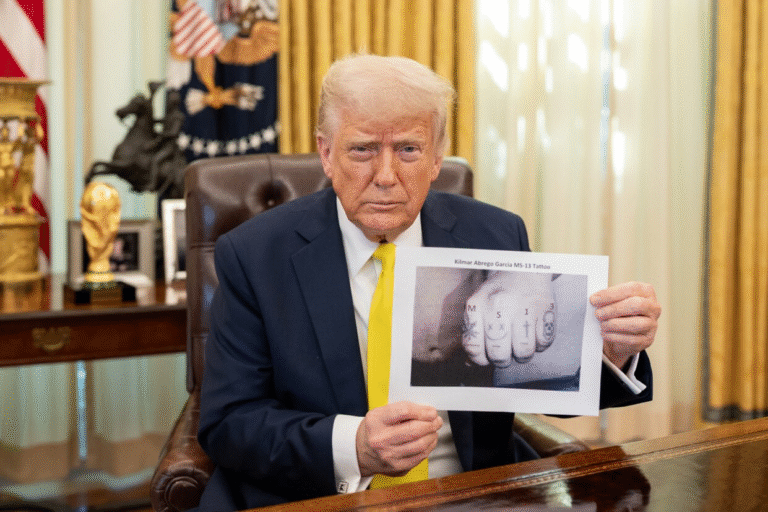Washington, D.C. — The Donald Trump administration has made big changes to the federal student loan forgiveness program for public sector workers. These changes make it harder to qualify, and supporters are quite upset about them.

The U.S. Department of Education (ED) has issued a final rule that says the Public Service Loan Forgiveness Program (PSLF) would no longer cover employees of nonprofit or government-employer organizations who are involved in “unlawful activities such that they have a substantial illegal purpose.” This includes sponsoring terrorism, helping or encouraging people to break federal immigration laws, or giving children gender-transition services, among other things.
The rule was published on October 30, 2025, and it goes into effect on July 1, 2026.
Under this plan, the Secretary of Education will be able to decide if an employer no longer qualifies for PSLF. If borrowers work for these employers, they may lose their eligibility for debt cancellation, even if they meet all other program standards.
ED said the goal is to “restore the taxpayer-funded PSLF program to its intended purpose of helping Americans who work in public service, not to help organizations that break the law.”
Effects and response
The adjustment is likely to have an impact on public-service professionals in many fields. The administration thinks that only a small number of organizations will be rejected each year. Critics, on the other hand, claim that the rule adds ideological criteria to a program that is meant to help teachers, firefighters, nurses, and non-profit workers who work in communities that don’t have enough resources.
Advocates say that the wording is aimed at non-profits who help immigrants or transgender youth, even though the ED says that groups that help immigrants will still be able to apply.
The Times of India
Borrowers who signed up for specific income-based repayment plans (ICR and PAYE) had already obtained help under a different agreement, but the new PSLF rules make it harder for more people to qualify.
What to watch:
Employers must re-certify eligibility under the new regulation; if disqualified, affected workers may lose credit for earlier public-service employment. newsweek.com
- Borrowers who work for organizations that are being reviewed should keep track of their payments and check to see if their employer is still eligible.
- Legal problems are likely to come up. Groups including Democracy Forward and Protect Borrowers have said they will fight, saying the rule is a “direct and unlawful attack” on public-service workers.
Business Insider
The bottom line
The Trump administration’s change to the rules means that the path to forgiveness will now depend not only on making qualifying payments and working in public service, but also on what their employers do legally and policy-wise. This is a big change for millions of US borrowers who were counting on PSLF to help them with their student loans. As businesses and borrowers adjust, the effects of this new definition will become clear in the coming months.



